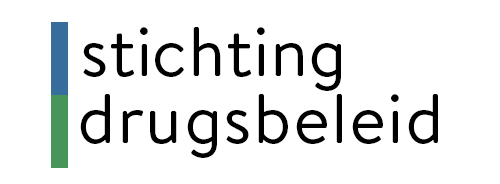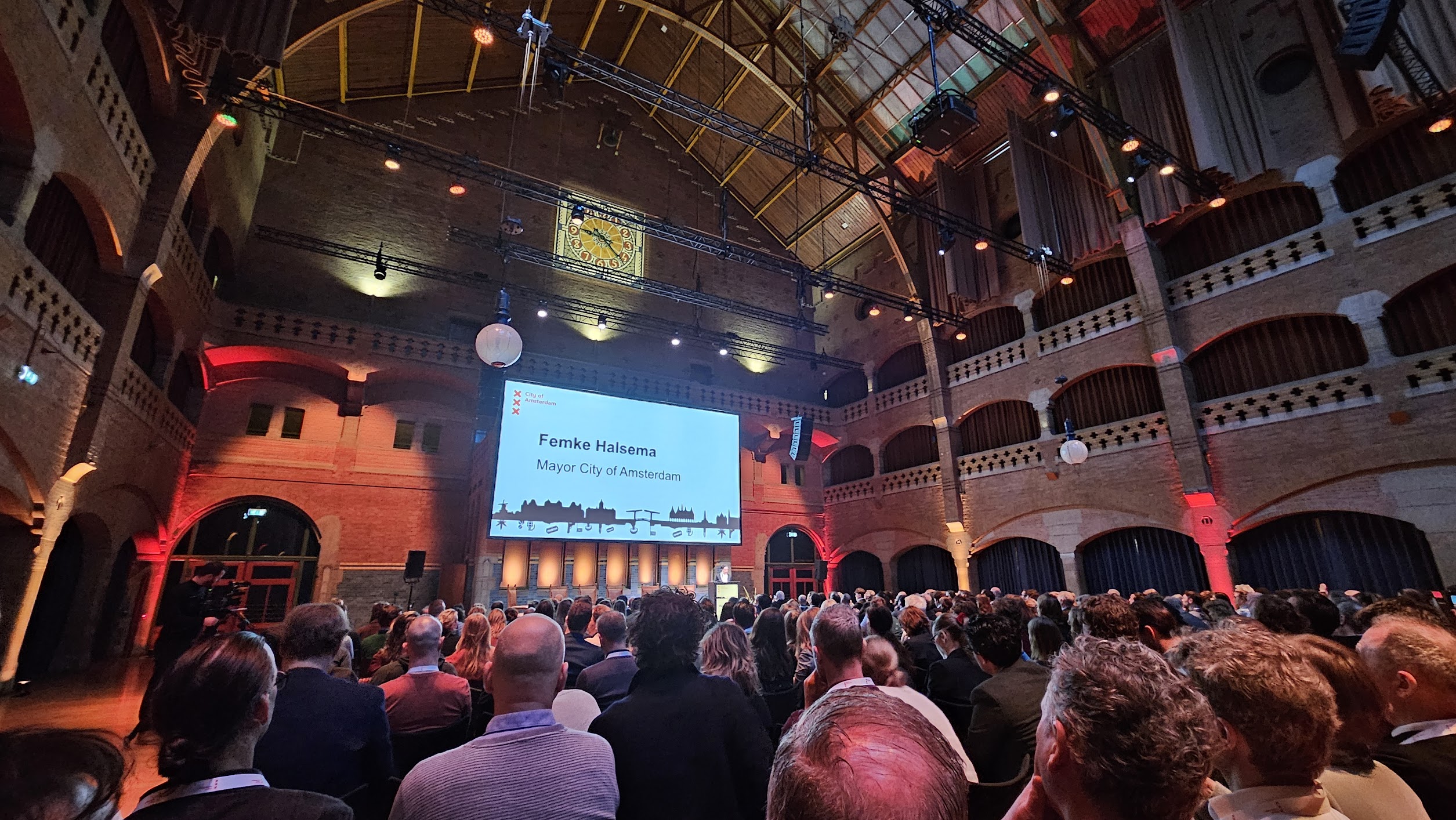Tot onze grote vreugde organiseerde burgemeester Femke Halsema van Amsterdam op 26 januari j.l. een internationale conferentie over drugsbeleid, met als vraagstelling niet meer òf drugs gelegaliseerd moeten worden, maar hoe dat het beste kan gebeuren!
Wij schreven de onderstaande brief aan sprekers en inleiders:
Dear XX XX,
We look forward to meeting you on January 26th 2024 in Amsterdam. May we present two suggestions for the debate?
To our delight, the conference is directed to the “how” of drugs regulation/legalisation. So we won’t have to go into the “why” question.
The Netherlands Drug Policy Foundation has since it’s beginning in 1996 provided answers to both questions. Our Board is assisted by the Advisory Board, in which sit former (prime-) ministers and -leaders of all main political parties, as well as experts on health and law.
Suggestion-1:
Drugs should be produced and sold legally, but with one purpose only: to get rid of drugcrime and to better protect the health of users.
So: not for profit! Legalization should not open the gates to private companies going for bigger marketshare, advertising, product diversification, lobbying and the like.
“Non profit” should, we think, be our leading principle. It will also make for easier acceptance by a sceptic population.
Suggestion-2:
This brings us to the second debating point of the Conference: how to persuade public and politicians.
At present a rational debate is, like the Mayor of Amsterdam states in het invitation, virtually lacking.
Our proposal is to use a new democratic tool: the “Citizens Council”.
About 150 citizens, chosen at random by a lottery proces, dedicate themselves during 4-5 weekends to studying the question: “Is a drugspolicy possible with less drugcrime and better protection against healthrisks”.
They seek information from experts, deliberate amongst themselves and end up with recommendations.
Their discussions may be followed by press and social media. This public proces could bring common sense to the debate.
A Citizens Council is mostly instigated by public authorities.
However, it can also be organized privately. A coalition of interested parties like cities, banks, users, port-authorities, health institutions and private companies could take the initiative. They all suffer from the effects of prohibition. Such a coalition would by itself already create vast momentum.
Let us begin!
Greetings – Raimond Dufou”

